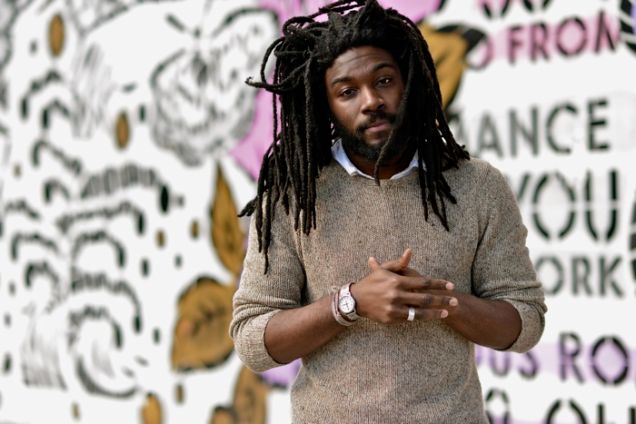Whilst I make my way through some good reads (and reread some old favorites sorry couldn’t resist whoops), I’ve got some thoughts.
I’ve seen a lot of criticism lately about the hero protagonist in young adult literature. While I want to say that I get the criticism, I don’t. Sure, we need to celebrate our run-of-the-mill characters. Our average-Joes. I’m not saying they should be ignored.
What I am saying, however, is that all teenagers and all young adults and, honestly, all humans are the heroes of their own stories. Why can’t they be written as such?
There are young people in the world *raises hand* who suffer from mental illness. We struggle with our minds. Like Jacob wrestling the angel, we are in constant battle for control over something that should be so simple — our brains and our own thoughts. And yet, we have unpredictable moments of weakness. We have moments where we hear these voices that tell us how unimportant we are. How replaceable we are. How burdensome we are.
And then there are books. I think of how there are books in this world and I sigh with relief. I can’t begin to list how many books have saved me. Book lovers abuse books so often, too! We let them sit on our shelves for years and years and years to collect dust and wait and pine for us. Like a loyal dog, they’re still there waiting for us, even after we’ve cheated on them with newer, prettier, thicker tomes.
Okay, Lauren. We get it. What does this have to do with heroic protagonists?
Ever go to a Harry Potter midnight premiere? (Aww, remember those days?) People dressed up. People carried wands. People proudly wore their house colors and showed off their collected merchandise. And every single nerd attending that movie and/or book release felt immortal. We felt powerful. We felt brave. And we understood how valuable we were.
Harry Potter was the Boy Who Lived. He was special at Hogwarts. It didn’t matter that he lived under the stairs in his muggle world. Here, in this new and magical place, he was revered and irreplaceable.
And so too are the young people reading these books.
Being a young adult is hard enough. You’re stuck between being an adult and being a kid and so others either treat you as though you have to carry the world on your shoulders or as though you’re the one who needs to be carried. Add a feeling of invisibility, a sense of insignificance, and the rising diagnoses of mental illness and it’s clear to see that students are in need of some reassurance and comfort.
While I applaud students who seek out literature that is beyond their reading level (I was totes that kid. Let’s face it, I’m still that kid.), they should have an option to read — well, whatever they want, really. I’m sure students can find heroes in classic literature. I remember feeling inspired by Jane Eyre and her independence as a young(er) reader. It’s possible.
But imagine a reader picking up Aristotle and Dante Discover the Secrets of the Universe after they’ve begun to identify as someone on the LGBTQ+ spectrum.
Imagine a reader who has only seen white heroes in the media finally finding someone who looks like her in The Wrath and the Dawn series.
Imagine a reader feeling incredibly anxious and depressed due to recent events involving police brutality and coming across The Hate U Give.
The protagonists don’t even need to be wand-wielding wizards to be the heroes of their stories (although, have you read El Deafo? Not enough people are talking about a graphic novel about the beloved deaf superhero). And when students begin to see books as a mirror into their own worlds, they respond in a far more positive way. These books stick. And when books stick, we create better readers.
Let’s create a world of better, more inclusive books.
All right. Enough of my ramblings. I’ve been under the weather the past couple of days so expect a lot of tea reviews this weekend.
Like, a lot.
Keep reading, my loves.

